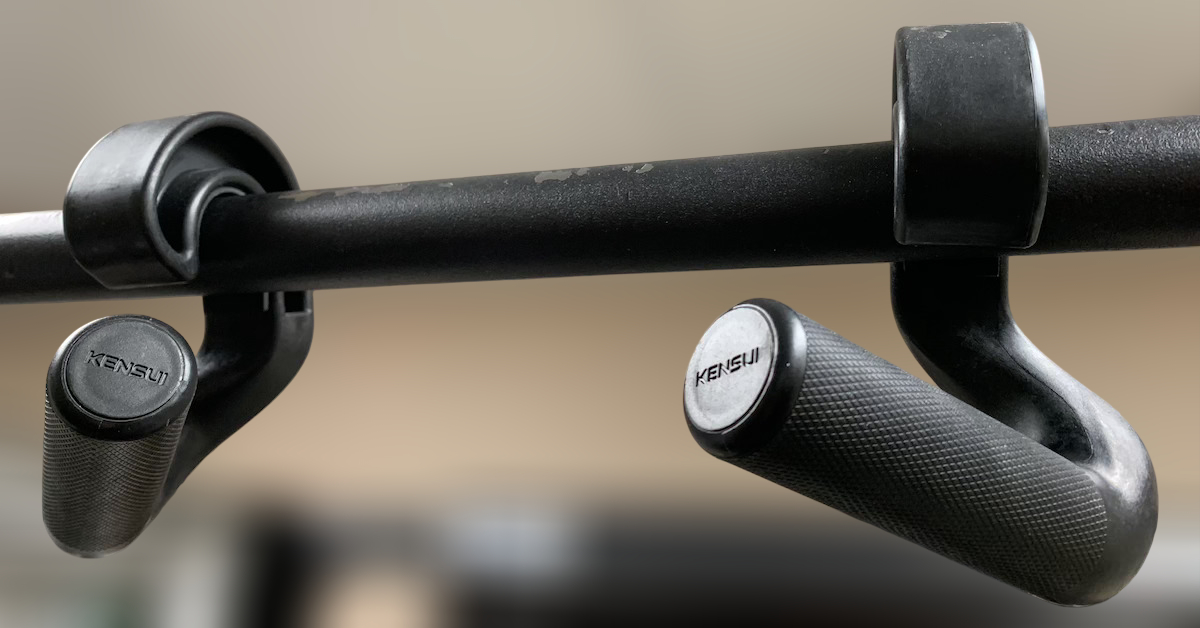Poor sleep can sabotage all your hard work in the kitchen and the gym. Don’t let it!
Nutrition and exercise are important, no doubt—but sleep is imperative. Here are three tips to help improve your sleep and enhance recovery:
1. Get plenty of natural light during the day—and limit light at night.
During the day, expose yourself to as much natural light as possible. Open the blinds when you wake up, get outside frequently, and only wear sunglasses when absolutely necessary. If you work indoors, consider using full-spectrum lighting.
At night, do the opposite: reduce light exposure to your skin and eyes. Wear blue-blocking glasses, power down electronics after 9 p.m., and opt for analog activities like reading a book or taking a salt bath. When it’s time to sleep, make sure your room is pitch black—like a cave.
2. Set an alarm—for bedtime.
Use your alarm clock as a signal to go to bed, not just to wake up. At 10 p.m., stop whatever you’re doing and call it a night—whatever it is can wait until tomorrow. Then set your alarm for 6 a.m. and get up when it goes off.
Try placing your alarm across the room or even in the bathroom so you’re forced to get up. Over time, your internal clock will naturally align with a 10–6 sleep schedule. Here’s how to set your alarm clock for bed.
3. Wind down with intention.
If you struggle to fall asleep, avoid intense workouts too close to bedtime—though a little evening yoga might be an exception. Steer clear of violent or action-packed movies, TV shows, and video games at night.
Instead, put on your blue blockers and pick up a good book. If you need a suggestion, one of my books might do the trick—some say they’re the ultimate sleep aid!
For more on how exercise timing affects sleep, check out this post.

Upgrade Your Pull-Ups with Swissies-SP Handles
Pull-ups are one of the best exercises for building back and arm strength—but not all pull-up bars are created equal.

No Time to Walk After a Meal? Do This Instead!
By now, most people know that getting in daily steps is essential for overall health. In particular, taking a short

Stay Fit on the Fly: No-Excuse Workouts for Travelers
One of the biggest challenges people face when traveling is maintaining their exercise routine. The two most common excuses? Lack
follow
Error: No feed with the ID 2 found.
Please go to the Instagram Feed settings page to create a feed.
